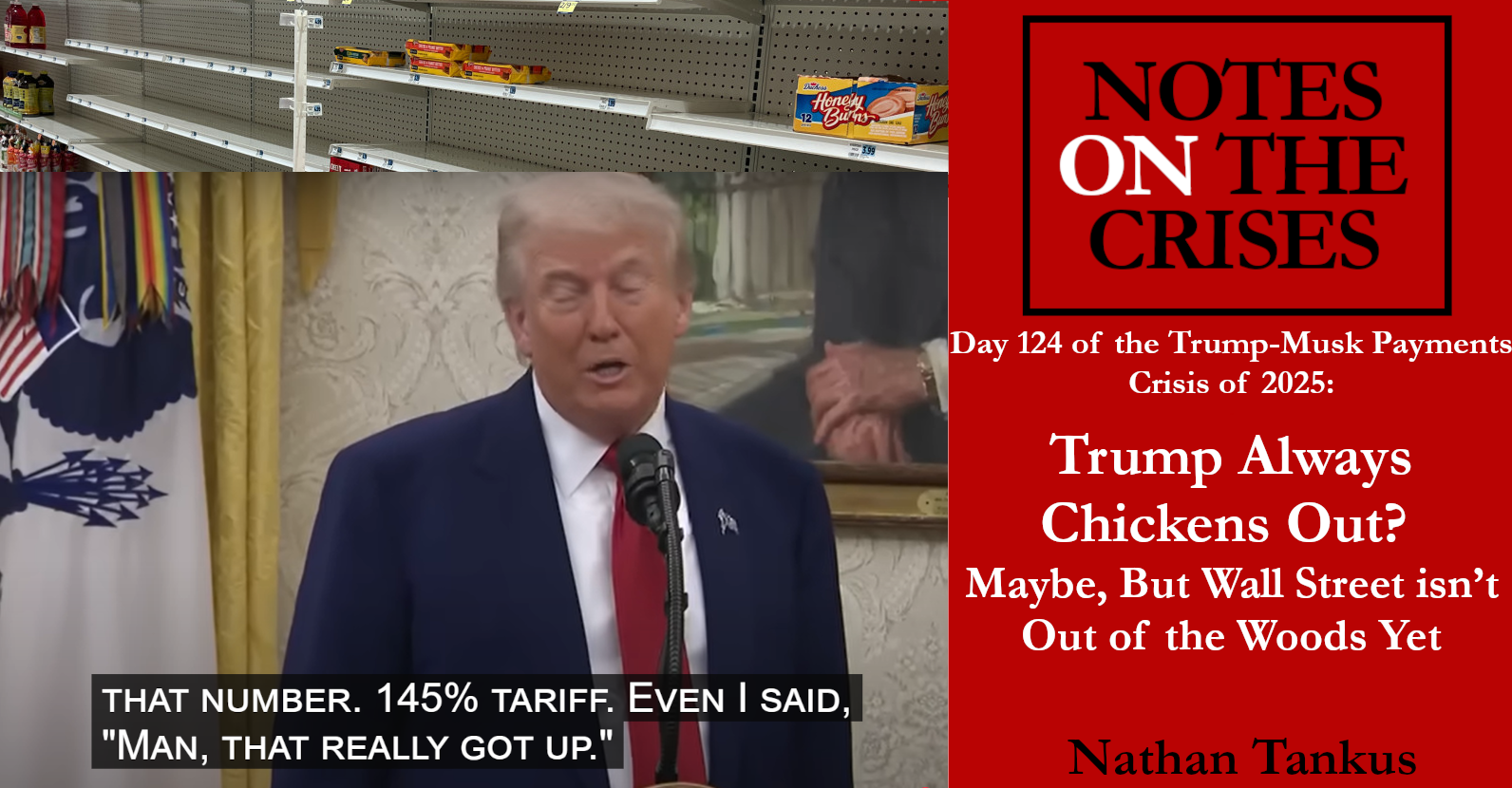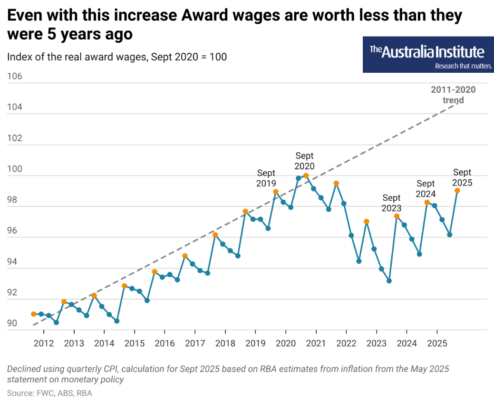View our 2025 End of Financial Year Impact Report here.
Our 2025 End of Financial Year Impact Report looks summarises Per Capita’s work over the past 12 months, including policy changes we have helped secure, the Community Tax Summit we hosted, research projects we have worked on, our media coverage and public events.
May 2025 marked the beginning of a new era, both for Per Capita and for Australian progressive politics.
At Per Capita we farewelled our long-standing Executive Director,Emma Dawson. Emma’s commitment and expertise have built Per Capita into the respected, influential think tank we are today. As we enter a new era, our staff and board have a renewed commitment to our vision for a more equal Australia, under the leadership of newly appointed Acting Executive Director, Sarah McKenzie.
Nationally, the recent federal election has returned the Labor Party for a second term, opening new opportunities to advance a progressive policy agenda. Labor must view this emphatic result as a mandate for bold reform: to tackle the housing crisis head on, to spearhead meaningful action on climate change, to reorient the economic future of Australia’s younger generations through tax reform, and to restore Australia as the land of the Fair Go.












